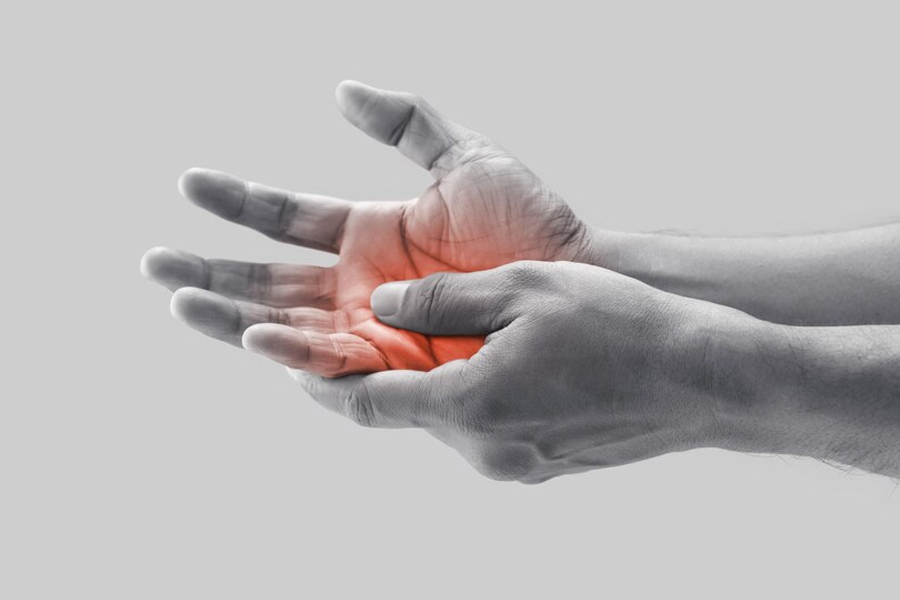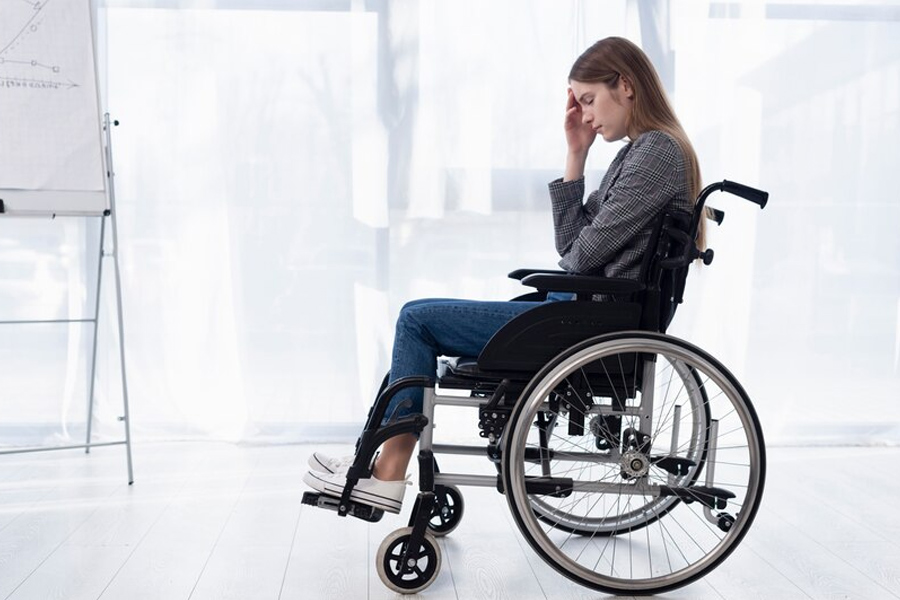
Parkinson’s disease is often associated with older people but there has been an increase in the number of young people being diagnosed with this condition. Recent research has shed light on the potential causes of Parkinson’s disease in younger people.
Table of Content:-
To understand the causes behind this disease developing in young people, OnlyMyHealth interacted with Dr Darshan Doshi, Consultant Neurology, P D. Hinduja Hospital & MRC, Mahim, Mumbai.
Genetics

Talking about the causes of Parkinson’s disease in younger generations, Dr Doshi said, “While the exact cause of Parkinson’s disease remains a puzzle, genetics appear to play a more significant role in young-onset cases.”
A study by the Parkinson's Research Alliance of India (PRAI) and MedGenome identified key genes linked to a higher risk of developing Parkinson's disease in young Indian patients. This finding suggests the potential for genetic screening to identify at-risk individuals, enabling earlier intervention and management strategies.
Also read: Could High-intensity Exercise Help Reverse Damage In Parkinson's Disease?
Symptoms and Progression
According to Dr Doshi, Young-onset Parkinson's disease (YOPD) can present with distinct symptoms compared to the later-onset form. Dystonia, a condition causing muscle stiffness or cramping, is often an early symptom in YOPD patients. “Additionally, involuntary movements (dyskinesia) are more commonly reported. Interestingly, cognitive decline seems less frequent in young-onset cases,” Dr Doshi said.
Young-onset Parkinson's disease (YOPD) can show different symptoms than the type that starts later in life. In YOPD, muscle stiffness or cramping, known as dystonia, is often one of the first signs.

Challenges and Silver Linings of Early Diagnosis
Explaining the challenges associated with Parkinson’s disease, Dr Doshi said, “A diagnosis of young-onset Parkinson's disease comes with special challenges. People may be at the peak of their careers, raising children, or handling other life responsibilities. Managing the disease alongside these duties can be very hard.”
Adding further, he said, “But there's a good side to getting diagnosed early. Younger patients can benefit more from surgery, and they're less likely to have other health problems that can make treatment harder.”
Also read: How Physiotherapy Helps Manage Parkinson's Disease, Expert Answers
The Root Cause
Regardless of age, the exact cause of Parkinson’s disease remains a mystery. Experts believe that both genetic and environmental factors play a role in young-onset Parkinson’s disease. “This condition happens when cells in the brain that make dopamine are lost. Dopamine is important for transmitting signals that control movement,” Dr Doshi said.
Certain genes are linked to early-onset Parkinson's. The National Parkinson Foundation says that genetic changes might cause up to 65% of cases diagnosed before age 20, and 32% of cases diagnosed between 20 and 30.
Dr Doshi said, “Environmental factors, like exposure to certain chemicals in insecticides, fungicides, and herbicides, could also contribute. For example, the U.S. Department of Veterans Affairs recognizes Parkinson's as a condition caused by exposure to Agent Orange, a herbicide used in the Vietnam War.”

Risk Factors and Early Detection
As per Dr Doshi, factors that increase the risk of developing Parkinson’s disease include being male, living in areas with high levels of pollutants, occupational exposure to toxic chemicals like manganese or lead, and a history of head injury.
“Diagnosing young-onset Parkinson's disease can be challenging due to the lack of a single definitive test. Typically, a neurologist will diagnose the condition based on a comprehensive review of symptoms and a physical examination. Dopamine transporter (DaT) scans can aid in confirming the diagnosis by visualizing the brain's dopamine system,” Dr Doshi said.
Treatment Options for Young Patients
Treatment for Parkinson's aims to slow its progression. It can be treated with multiple medications options.
Talking about treatment, Dr Doshi said, “Deep brain stimulation (DBS) is promising for young-onset Parkinson's patients because they're less likely to have other health issues complicating surgery. DBS involves implanting electrodes in specific brain areas to send electrical pulses, easing symptoms like tremors, stiffness, and movement problems.”
Conclusion
Ongoing research into young-onset Parkinson's causes offers hope for better diagnosis, treatments, and possibly, prevention. This knowledge can help young individuals and their families face the disease with more hope.
Also watch this video
Read Next
Infectious Vs Non-Infectious Tuberculosis: Expert Explains Types, Causes, And Treatment For TB
How we keep this article up to date:
We work with experts and keep a close eye on the latest in health and wellness. Whenever there is a new research or helpful information, we update our articles with accurate and useful advice.
Current Version
